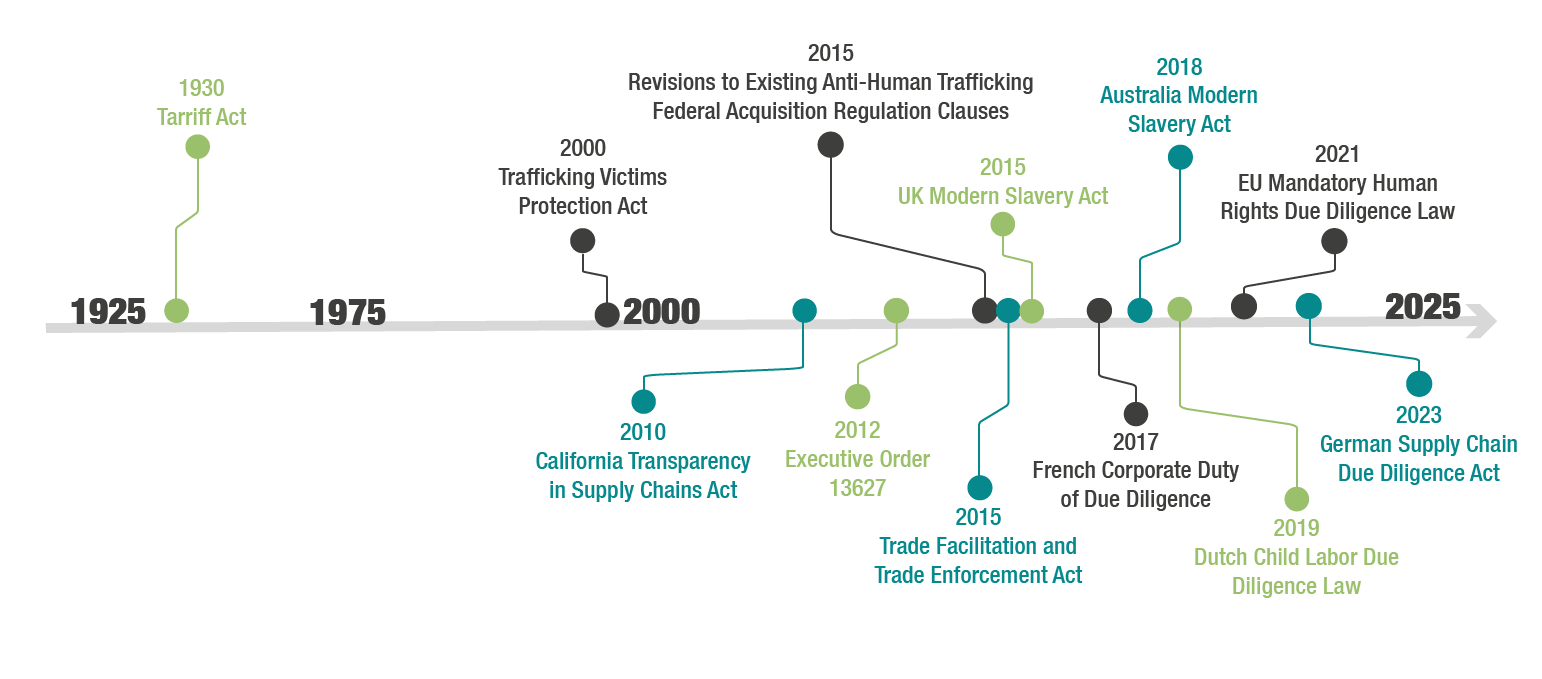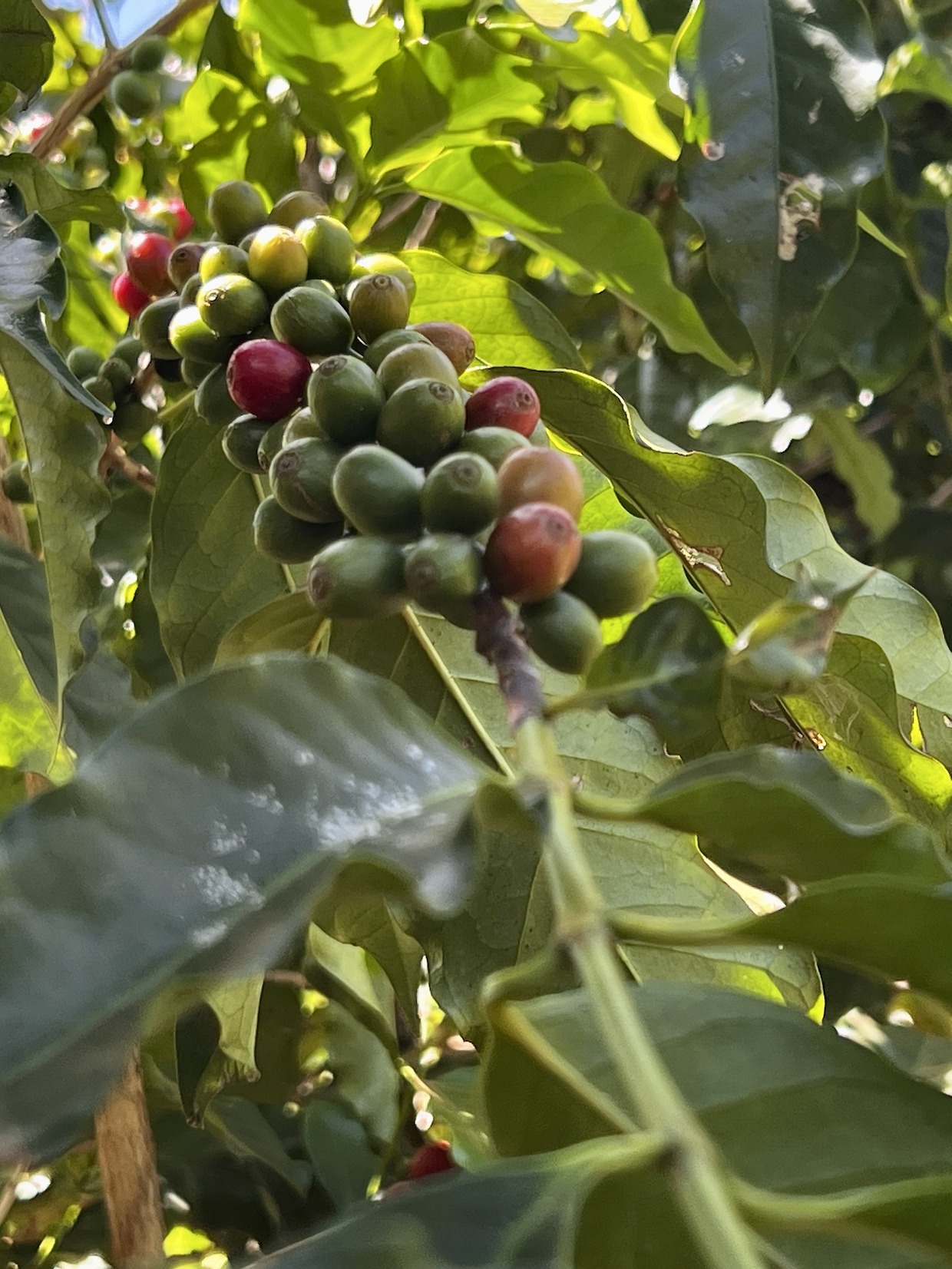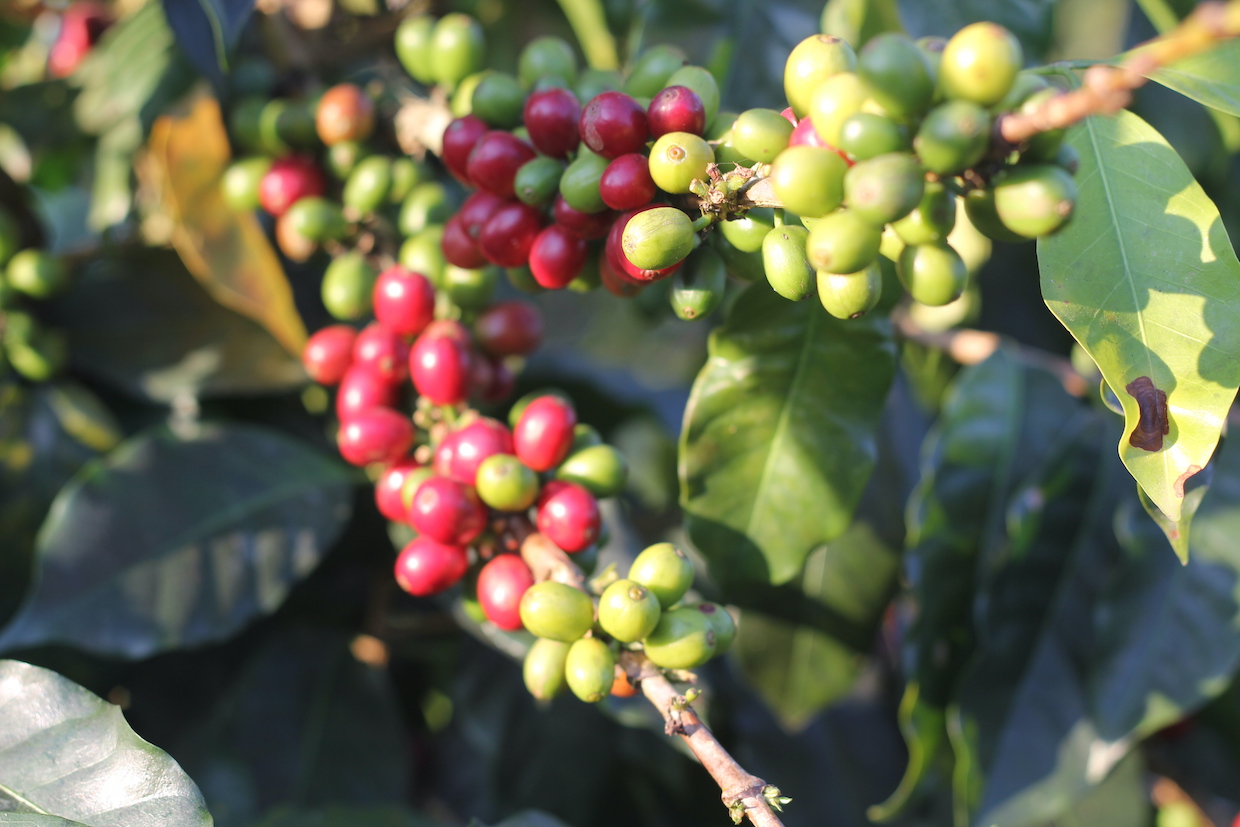[Editor’s note: This is Part 5 of an ongoing editorial series led by Verité exploring labor issues affecting the global coffee sector through its U.S. Department of Labor-funded Cooperation On Fair, Free, Equitable Employment (COFFEE Project). See more of Verité’s work on coffee here. Daily Coffee News does not engage in sponsored content of any kind and all views or opinions expressed in this piece are those of the author/s.]
In the last few years, there has been a dramatic increase in the number and scope of regional, national, and state-level laws focused on human rights due diligence.
Such laws can have dramatic impacts on companies that source products, including coffee, from around the world.
In order to protect themselves from legal and reputational risks, coffee companies, both large and small, should proactively identify labor and human rights risks in their supply chains and develop and implement robust human rights due diligence systems throughout their extended supply chains.
Laws Focusing on Reporting
Some laws are primarily focused on requiring companies to publicly report on the steps they are taking to prevent or tackle different human or labor rights issues such as forced labor, child labor, or human trafficking. However, it is important to note that these types of laws do not generally require companies to implement specific due diligence measures; they merely require companies to report on what they have done to better understand, prevent or address key issues.
For example, in the the United States, the California Transparency in Supply Chain Act of 2010 requires that large companies doing business in the state of California publicly disclose on their websites the actions they have taken related to preventing and addressing human trafficking in their supply chains, specifically with regards to verification, audits, certification, internal accountability and training.
The United Kingdom has a similar law called the UK Modern Slavery Act of 2015. Meanwhile, the Australia Modern Slavery Act of 2018 requires that companies publish annual reports on modern slavery risks in their operations and supply chains, and what they have done to address these risks.
The Rise of ‘Due Diligence’ Requirements
Several European countries, as well as the European Union as a bloc, have been developing legislation requiring companies to implement due diligence measures in their extended supply chains. These laws generally include more comprehensive requirements than laws on public reporting, and present significant legal risks and require significant work around compliance for coffee companies, as there are many challenges associated with exercising due diligence in extended agricultural supply chains.
The French Corporate Duty of Vigilance Law of 2017 was the first law to require companies to implement a formal due diligence process, as it required large companies to identify, prevent, and remediate human rights and environmental risks in their own operations, as well as among their suppliers or subcontractors.
The Dutch Child Labor Due Diligence Law of 2019 required companies to assess their supply chains to identify any child labor risks (including forced child labor) and to subsequently develop and implement due diligence measures and action plans to address and mitigate any identified risks. This law includes administrative fines for companies that fail to report on these measures or implement their action plans.
The German Supply Chain Due Diligence Act just came into effect in on Jan. 1, 2023. It requires that large companies increase transparency on human rights issues and implement human rights due diligence measures in their own operations and supply chains. Companies that fail to comply with the requirements can face fines of up to €800,000, or up to 2% of their annual global turnover. Some companies that fail to comply with the legislation may also be excluded from consideration for public contracts for up to three years.
If passed by the European Parliament, the European Union Corporate Sustainability Due Diligence Directive would require large companies to identify and, where necessary, eradicate, mitigate and prevent adverse impacts of their activities on human rights.
The proposal applies to companies’ own operations, subsidiaries and supply chains. As proposed, the law would require companies to take appropriate measures, considering the severity and likelihood of different impacts. If passed, the law will likely affect large companies doing significant business in the European Union, including international companies with headquarters outside of Europe.
The Big Challenge for the Coffee Industry
Companies are advised to use internationally recognized frameworks such as the Organization for Economic Co-operation and Development (OECD) Due Diligence Guidance for Responsible Business Conduct when developing human rights due diligence systems and measures. The OECD provides practical guidance on how companies can implement due diligence, from embedding human rights issues into their policies and management systems to identifying actual or potential adverse impacts and remediating them when appropriate.
However, these are broad guidelines, and not specific to the agricultural sector. Thus, coffee companies must ensure that they develop due diligence approaches that are relevant to the sector, key origins, and the workforce.
The agricultural sector, including the coffee sector, is characterized by a high degree of informality in the employment of seasonal coffee harvesters, the predominance of smallholder farmers with small profit margins and challenges in tracing goods to the farm level.
Additionally, the coffee sector faces other challenges that make implementing comprehensive due diligence systems difficult, such as: the prevalence of temporary seasonal workers; the low levels of social services and government supports in many key coffee origins; and capacity limitations of implementing partners around labor and human rights due diligence.
In order to implement effective labor and human rights due diligence in coffee, these challenges need to be taken into account and overcome through collaborative efforts between coffee companies and other key stakeholders, such as suppliers, producer organizations, cooperatives, government agencies, local and international civil society organizations and workers’ organizations. Coffee companies thus require guidance on concrete steps that they can take to implement robust due diligence systems in agricultural supply chains.
Existing Resources for the Coffee Industry
Although the concept of human rights due diligence might be new to many coffee companies, there are open-source tools that have already been tested on coffee farms. For example, Verité’s U.S. Department of Labor-funded Cooperation On Fair, Free, Equitable Employment (COFFEE) Project has developed the Socially Sustainable Sourcing Toolkit (S3T), a comprehensive open-source set of 17 tools and eight online training modules that help coffee companies and other stakeholders to detect, prevent, and address labor violations in the coffee sector. One of these tools is the Risk Evaluation for Action in the Coffee Trade (RE-ACT) Dashboard, which has a Coffee Trade Map that allows users to obtain information on human rights due diligence legislation in coffee importing countries.
These and other tools such as the ILO’s tool on health and safety in the coffee sector or Verité’s Responsible Sourcing Tool for the food and beverage industry can be used to inform the development and implementation of a human rights due diligence system.
Verité is currently in the process of finalizing a comprehensive human rights due diligence framework for the agricultural sector, along with complementary tools, through the Farm Labor Due Diligence Initiative.
Coffee companies should develop and implement these systems in partnership with their suppliers — including coffee traders, cooperatives, and producers — as well as with local and national government institutions in key coffee origins, civil society organizations working on labor and human rights issues in rural areas and workers’ organizations.
Additionally, there are opportunities for companies to participate in an initiative focused on developing detailed guidance on best practices in human and labor rights due diligence in the agricultural sector. Verité’s Farm Labor Due Diligence Initiative is a multi-stakeholder collaboration working to identify good practices in labor due diligence in agriculture and create open-source resources to help companies, suppliers, and other stakeholders eliminate labor abuses from global agricultural supply chains.
By using existing tools and resources, and participating in multi-stakeholder initiatives focused on labor and human rights due diligence, coffee companies can take proactive steps to identify and respond to human and labor rights risks in their extended supply chains.
From there, they can develop and implement robust due diligence systems that will help them to adapt to a rapidly evolving legislative landscape and thereby reduce their legal exposure while improving workers’ lives.
Quinn Kepes and Miguel Zamora
Quinn Kepes is a Senior Director at Verité, where he has worked for over 15 years providing businesses, investors, governments, intergovernmental organizations, workers, and civil society the knowledge and tools that they need to eliminate the most serious labor and human rights abuses from global supply chains. He leads Verité’s practice groups on Worker Agency, Voice and Empowerment (WAVE) and Applied Research for Evidence and Action (AREA). Mr. Kepes has been working on labor
issues in the coffee sector for over 15 years and has conducted and directed field research on labor issues on coffee farms in Mexico, Guatemala, Honduras, Colombia, Brazil, and Uganda.
Miguel Zamora has been involved in agriculture for over 25 years. He has worked in farming, research, extension, business development, and economic development initiatives. From Rural Voices CIC, he supports farmers, workers and companies building more sustainable and resilient supply chains. Miguel supports Verité’s initiatives to create and promote adoption of robust resources to identify, mitigate and prevent labor abuses in agriculture.










Comment